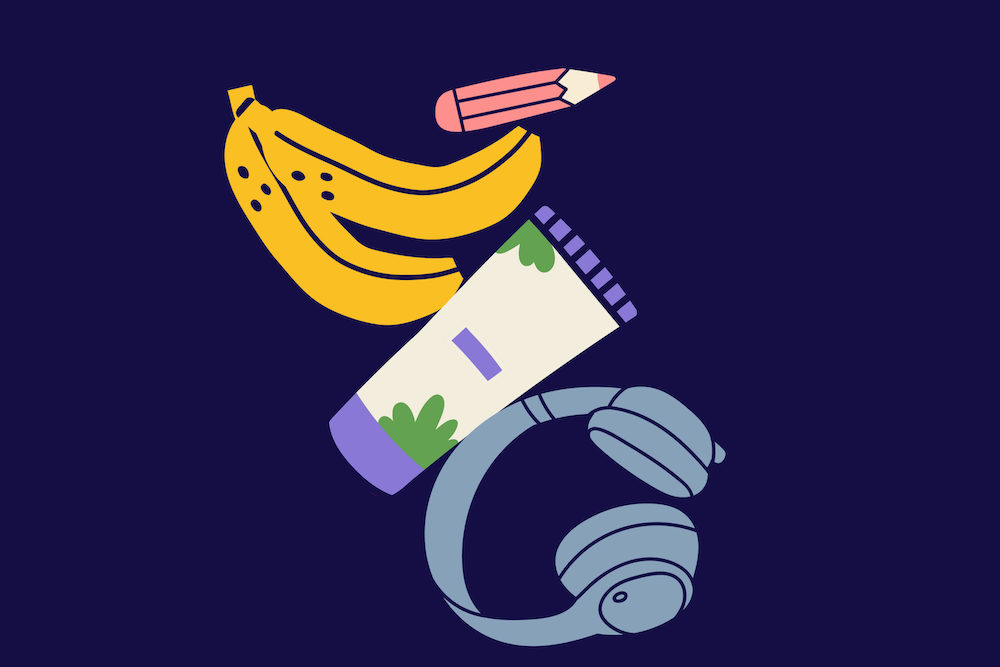Routine is important for brain development, according to Psychology Today. Developing a new habit requires motivation, repetition, and consistency. One must practice the habit over and over until it becomes automatic. That’s how our brains build new synaptic connections, the place in our brain where neurons transmit and process information.
My kindergarten students have been in class for thirty-seven days. We have a solid daily routine/habit that they know and count on. We begin each day with a writing exercise then move to our morning message with the entire school. Circle time includes some seasonal finger plays, the weather, calendar work, and a couple of mindfulness exercises. The transition to our language arts block is always after I have read a book aloud (one of my favorite things to do). Snack then Math then free play time. After lunch my students have recess, then the entire school comes together for a brief news break with Lester Holt (in my opinion, the only news that all of us should watch). The afternoon consists of Science and Social Studies, physical education, art, and music classes. Just before dismissal everyday, I ask each child what their favorite part of the day was.
Next week marks the end of the first quarter of school and with that the time for report cards and parent conferences. I am impressed with the high level of learning that has occurred in these thirty-seven days. My students have memorized lengthy songs and the actions that accompany those songs. They remind me if I’ve skipped an activity such as picking an emotion peg doll that coincides with their current feelings. These little five year olds know their vowels, punctuation marks, all the parts of a book, and they are beginning to read by “sounding out” the letters in words. These precious little ones are learning geometry, addition, and subtraction through daily practice using songs, games, and manipulative.
We celebrate together when a classmate has achieved a new milestone, the pride upon achieving that success is so joyful. I tell my students to, “kiss your brain” in celebration of a new synaptic connection. We talk a lot about neurons in kindergarten, my students know that the 100 billion neurons in our brains make connections with other neurons creating pathways that share information making us smarter. They know mistakes are made because their brains are still growing.
My brain is tired at the end of each school day so I have been “habit stacking” to improve my mental health. I recently read an article in Forbes that explains that listening to ten minutes of music can clear your mind so I intend to add music to my daily after school walk with my dog.
Habit Stacking: 97 Small Changes That Take Five Minutes Or Less is a book by S.J. Scott. This book suggests that adding small actions to our day can create lifelong positive benefits. The concept of “habit stacking” is based on the idea that our brains are more likely to adopt new behaviors when they’re associated with an action we’re already used to doing. The established habit serves as a reminder to for the new one, making it easier to perform consistently.
Kate Emery General is a retired chef/restaurant owner who was born and raised in Casper, Wyoming. Kate loves her grandchildren, knitting, and watercolor painting. Kate and her husband, Matt are longtime residents of Cambridge’s West End where they enjoy swimming and bicycling.



Write a Letter to the Editor on this Article
We encourage readers to offer their point of view on this article by submitting the following form. Editing is sometimes necessary and is done at the discretion of the editorial staff.